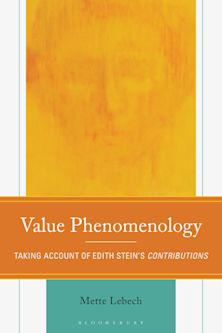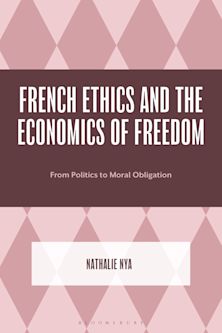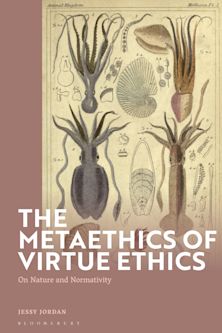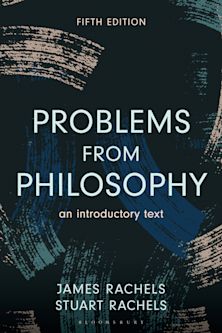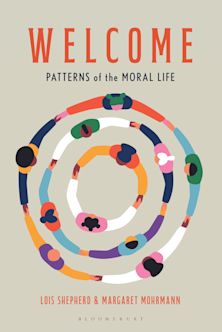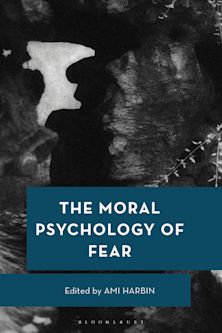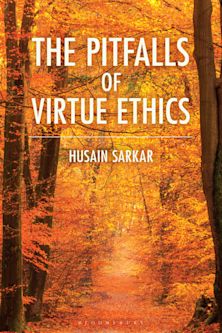- Home
- ACADEMIC
- Philosophy
- Ethics and Moral Philosophy
- Academic Freedom and Tenure
Academic Freedom and Tenure
Ethical Issues
Academic Freedom and Tenure
Ethical Issues
For information on how we process your data, read our Privacy Policy
Thank you. We will email you when this book is available to order
You must sign in to add this item to your wishlist. Please sign in or create an account
Description
Academic freedom and tenure, both cherished institutions of higher education, are currently under attack by many both outside and within the academy. Richard DeGeorge argues that they can be defended on ethical grounds only if they are joined with appropriate accountability, publicly articulated and defended standards, and conscientious enforcement of these standards by academic institutions and the members of the academic community. He discusses the ethical justification of tenure and academic freedom, as well as ethical issues in their implementation. He argues that academic freedom, which is the basis for tenure, is not license nor the same as freedom of speech. Properly understood and practiced, both academic freedom and tenure exist not to benefit faculty members or their institutions, but to benefit an open society in which they thrive and of which they are an important part.
Table of Contents
Chapter 2 The Justification of Academic Tenure
Chapter 3 Ethical Issues in Tenure
Chapter 4 The Justification of Academic Freedom
Chapter 5 Ethical Issues in Academic Freedom
Part 6 Readings
Chapter 7 1940 Statement of Principles on Academic Freedom and Tenure With 1970 Interpretive Comments (AAUP)
Chapter 8 On Freedom of Expression and Campus Speech Codes (AAUP)
Chapter 9 Statement on Professional ethics (AAUP)
Chapter 10 A Statement of the Association's Council: Freedom and Responsibility (AAUP)
Chapter 11 Academic Freedom-Its Basic Philosophy, Function, and History
Chapter 12 Academic Tenure: An Economic Critique
Chapter 13 Does Academic Freedom Have Philosophical Presuppositions?
Chapter 14 Rationality and Realism, What Is at Stake?
Product details
| Published | 01 Jan 2000 |
|---|---|
| Format | Ebook (Epub & Mobi) |
| Edition | 1st |
| Extent | 300 |
| ISBN | 9780585080604 |
| Imprint | Rowman & Littlefield Publishers |
| Series | Issues in Academic Ethics |
| Publisher | Bloomsbury Publishing |
About the contributors
Reviews
-
Explores the current controversies over academic tenure in a scholarly way, focusing particularly on the ethical responsibilities of tenured faculty and the social benefits of academic freedom. Legislators, trustees, faculty and administrators will all be well served by this book.
Robert Hemenway, Chancellor, The University of Kansas
-
Addressing all the new arguments as well as the old, De George provides clear and convincing justification for academic tenure as a crucial bulwark for academic freedom and thus a benefit to society as a whole. Tenure carries with it not only privileges but also responsibilities. DeGeorge reminds us, and his treatment of the ethical aspects of the system is particularly useful.
Jordan E. Kurland, American Association of University Professors
-
A much needed, sensible, in places even eloquent defense of academic freedom and tenure. DeGeorge's balanced judgment and the excellent readings make the book a treasure.
John Lachs, Vanderbilt University
-
A timely and lucid account of academic freedom and tenure is a 'must read' for all faculty, administrators, and trustees. At a time when tenure is under attack from many quarters and is all too often poorly defended by its champions, DeGeorge makes a compelling case for academic tenure and for taking seriously the responsibilities that tenure entails.
James Muyskens, Senior Vice Chancellor for Academic Affairs, Board of Regents of the University System of Georgia
-
What DeGeorge has provided is a moral road map useful for exploring the ethical issues surrounding academic freedom and tenure. . . . DeGeorge, and the authors of other books in this series, challenge us to exercise our philosophical prowess in the examination of our own practice. It is a challenge we ought to meet.
Micheal Goldman, Miami University, Ohio, APA Newsletter on Teaching Philosophy
-
The reasoning is close, distinctions are crisp, and opposing views are summarized and answered. All research university faculty and academic affairs administrators should read this ethicist's look at academe's most cherished institution.
Choice Reviews












